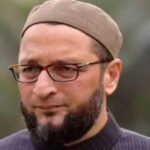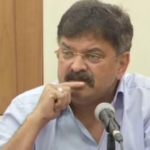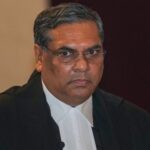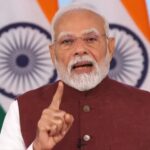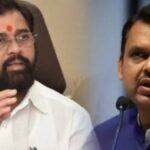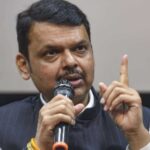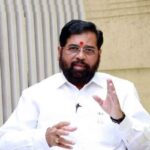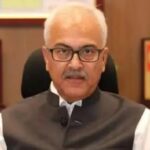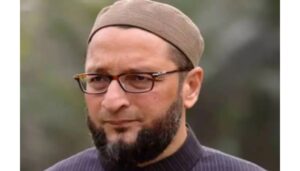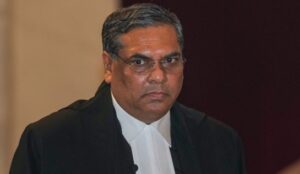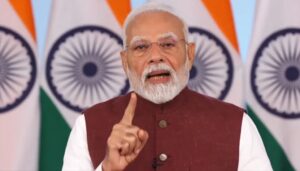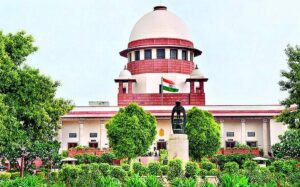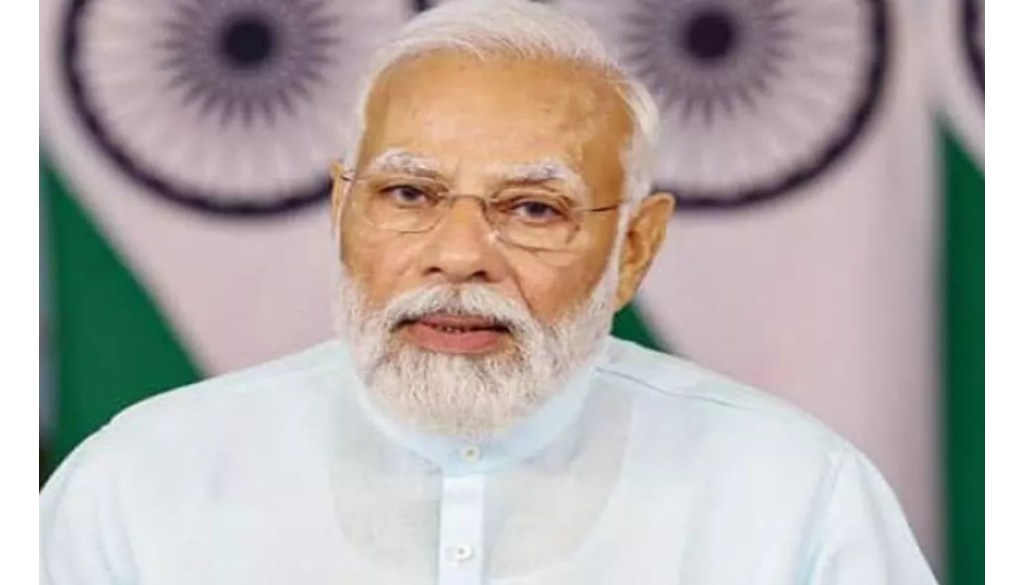
PM Modi Meets Economists to Discuss Strategies for Sustaining India’s Growth Amid Global Uncertainty
New Delhi, 25th December 2024: On Tuesday, Prime Minister Narendra Modi met with economists to discuss strategies for navigating global economic uncertainties and sustaining India’s growth. This meeting, held at Niti Aayog, focused on key topics such as job creation, education, and infrastructure, in preparation for the NDA government’s second budget of its third term.
Economists offered insights on various areas, including employment generation, skill development, improving agricultural productivity, attracting investments, and boosting exports, according to an official statement.
The agenda of the meeting, titled “Maintaining India’s Growth Momentum in a Time of Global Uncertainty,” included experts from rating agencies and academia. The Prime Minister emphasized the government’s vision of achieving a developed economy (Viksit Bharat) by 2047, marking 100 years of India’s independence. He highlighted the need for both the government and private sector to collaborate to realize this goal.
Modi also stressed the importance of changing the national mindset to focus on India’s development by 2047, requesting policy advice on three areas: sustainable growth, job creation, and improving agricultural productivity.
This closed-door meeting, ahead of Finance Minister Nirmala Sitharaman’s FY26 budget presentation on February 1, 2024, is expected to include further measures to drive growth, which slowed to 5.4% in the second quarter of 2024-25, partly due to tight monetary policies aimed at controlling inflation.
Key officials attending the meeting included Finance Minister Nirmala Sitharaman, Principal Secretary to the PM PK Mishra, Niti Aayog Vice-Chairman Suman Bery, CEO BVR Subrahmanyam, and Chief Economic Advisor V Anantha Nageswaran.
Chetan Ghate, director of the Institute of Economic Growth, at Delhi University, described the discussions as broad and in-depth, focusing on various aspects of the economy. He refrained from providing further details due to confidentiality.
Economists identified a skills gap in the labour market as a structural barrier to job creation, despite available job opportunities. They suggested overhauling the education system to better align with emerging skill requirements.
Experts also discussed how India can capitalize on shifting global economic dynamics, especially with the potential impact of US President-elect Donald Trump’s plans to increase tariffs. There were calls to leverage changing supply chains to India’s advantage.
Chief Economic Advisor Nageswaran emphasized the need to boost private investment, citing government incentives already introduced. The upcoming budget may also adjust customs duty waivers on intermediate goods to support local manufacturing.
Agricultural economist Ashok Gulati recommended faster reforms and repurposing subsidies to enhance farm productivity, including fostering greater competition in the sector.
Niti Aayog’s leadership confirmed that all suggestions from the meeting would be compiled for further government review.
Notable contributors included Janmejaya Sinha (Boston Consulting Group), Dharmakirti Joshi (Crisil Ltd), Soumya Kanti Ghosh (State Bank of India), Sudipto Mundle (Centre for Development Studies), Prof. Amita Batra (JNU), Prof. Bharat Ramaswami (Ashoka University), and Rajni Sinha (CareEdge Group).
